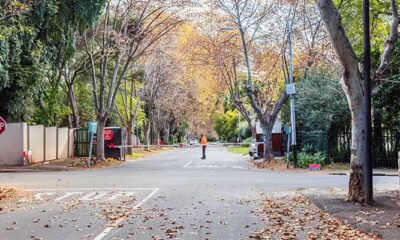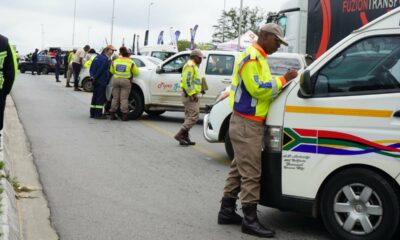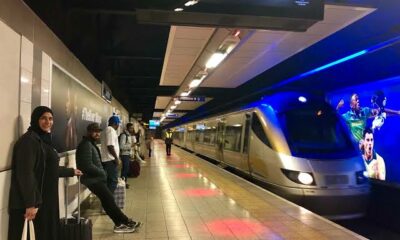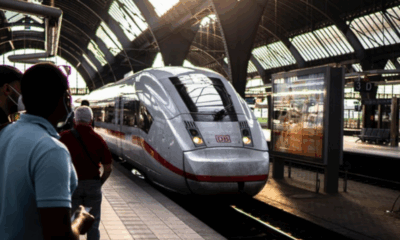News
Gauteng Unveils R9.7 Billion Roads Budget with Bold 25-Year Transport Vision
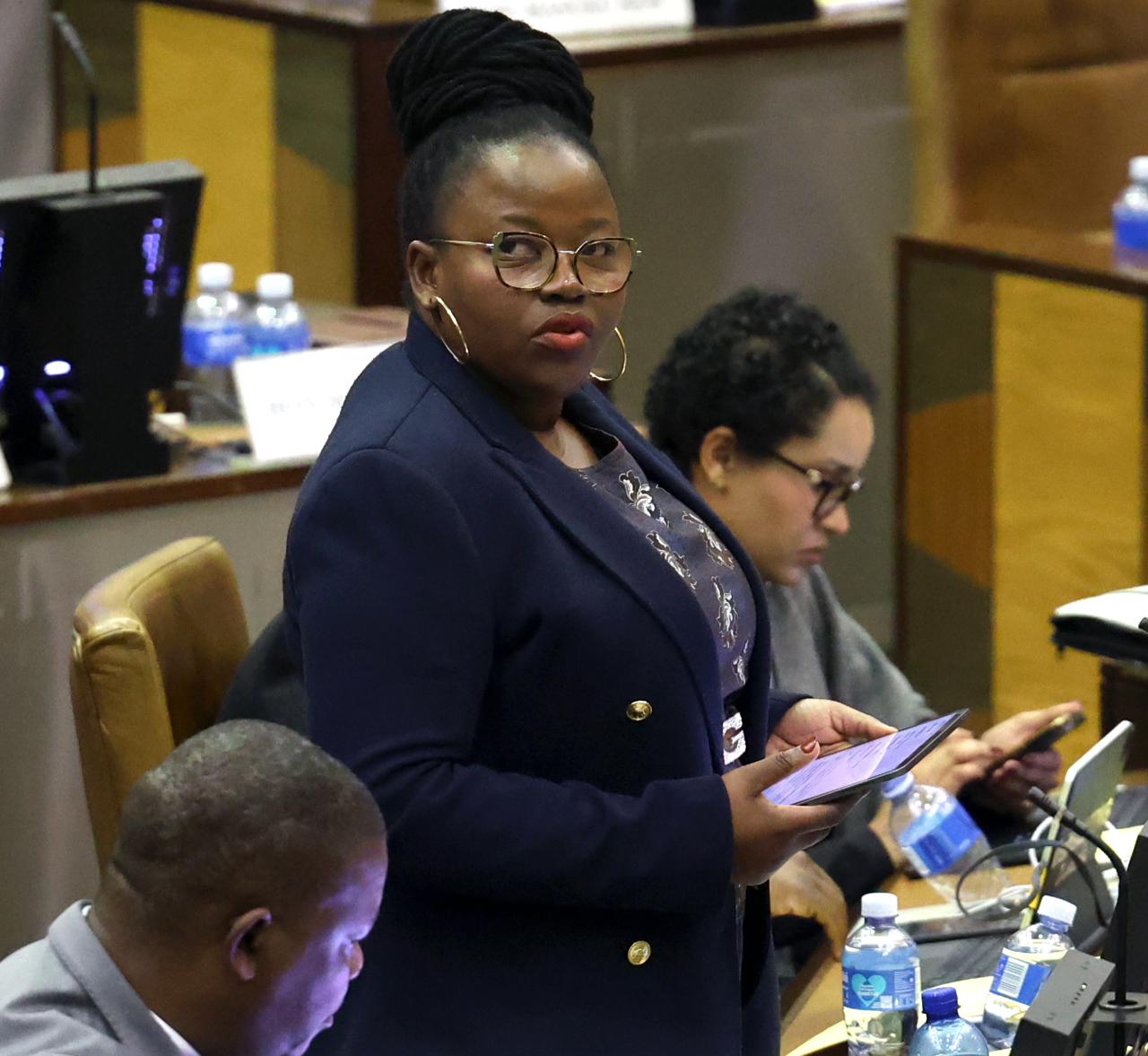
Gauteng’s transport future is being reshaped, one kilometre, QR code, and master plan at a time.
This week, Gauteng MEC for Roads and Transport Kedibone Diale-Tlabela delivered her department’s budget speech with a revolutionary tone, quoting not only Nelson Mandela but praising Soviet leaders Lenin and Trotsky for using transport to “move history”.
That same vision, she said, is what’s driving Gauteng’s bold Integrated Transport Master Plan (ITMP25), a 25-year plan to overhaul the province’s transport network with smart technologies, green goals, and better public services.
Smart Roads, Smarter Future
At the heart of the budget is the ITMP25, a revised strategy that has been two years in the making. The department plans to finalise and submit it to the Premier and Executive Council in the second quarter of the 2025 financial year.
Core goals of the plan include:
-
Connecting key economic zones via reliable transport infrastructure
-
Introducing smart traceable number plates with QR codes and tamper-evident decals
-
Enhancing digital systems for better monitoring and public access
-
Reducing carbon emissions through greener mobility options
With only 47% of Gauteng’s surfaced roads currently in fair condition, and 100% of the province’s 1,232 km of gravel roads in poor shape, the ITMP25 couldn’t come soon enough.
Breakdown of the R9.7 Billion Budget
To fuel this vision, the Gauteng Department of Roads and Transport (GDRT) has been allocated R9.7 billion. Here’s how it will be spent:
-
R2.7 billion: Planning, construction, and maintenance of roads
-
R672 million: Administrative costs
-
R3 billion: Public transport, including funding for 16 subsidised bus contracts across four municipalities
-
R2.2 billion: Gautrain system operations and subsidies (9,200 users accessed 50% discounts in 2025)
Smart Licensing & Number Plates on the Way
A major highlight is the rollout of smart traceable number plates, a direct move to combat vehicle-related crimes.
“Given that a vast majority of criminal acts involve vehicles with falsified number plates, this initiative is crucial for law enforcement agencies to effectively trace and apprehend offenders,” said Diale-Tlabela.
The province will also introduce smart licensing centres and a central command hub to monitor transport infrastructure and coordinate rapid response units for community complaints, pending procurement.
Critical Roads & Community Input
In the past year, the department met 84% of its targets and has now identified 54 critical roads across Gauteng’s five regions for urgent upgrades. These upgrades aim to improve road safety, accessibility, and economic mobility.
A rapid response unit has also been launched to respond more quickly to complaints raised by communities, ensuring citizen feedback is not only heard but acted on.
Building a Skilled, Inclusive Transport Sector
The department is also investing in people, not just infrastructure:
-
68 key vacancies are being filled
-
81 interns are gaining on-the-job experience
-
Gender balance is improving, with a goal of 50% female representation (currently 41%)
-
0.6% of current staff identify as persons with disabilities
The Candidacy programme, which grooms technical professionals internally, forms part of the department’s long-term plan to “professionalise the sector”.
From QR-coded plates to a multibillion-rand overhaul of aging roads and rail, Gauteng’s transport vision is as ambitious as it is essential. If executed well, the ITMP25 could transform how people live, work, and move setting a model for the rest of South Africa.
As Mandela Day approaches, the message is clear: progress takes vision and infrastructure.
{Source: The Citizen}
Follow Joburg ETC on Facebook, Twitter , TikTok and Instagram
For more News in Johannesburg, visit joburgetc.com

